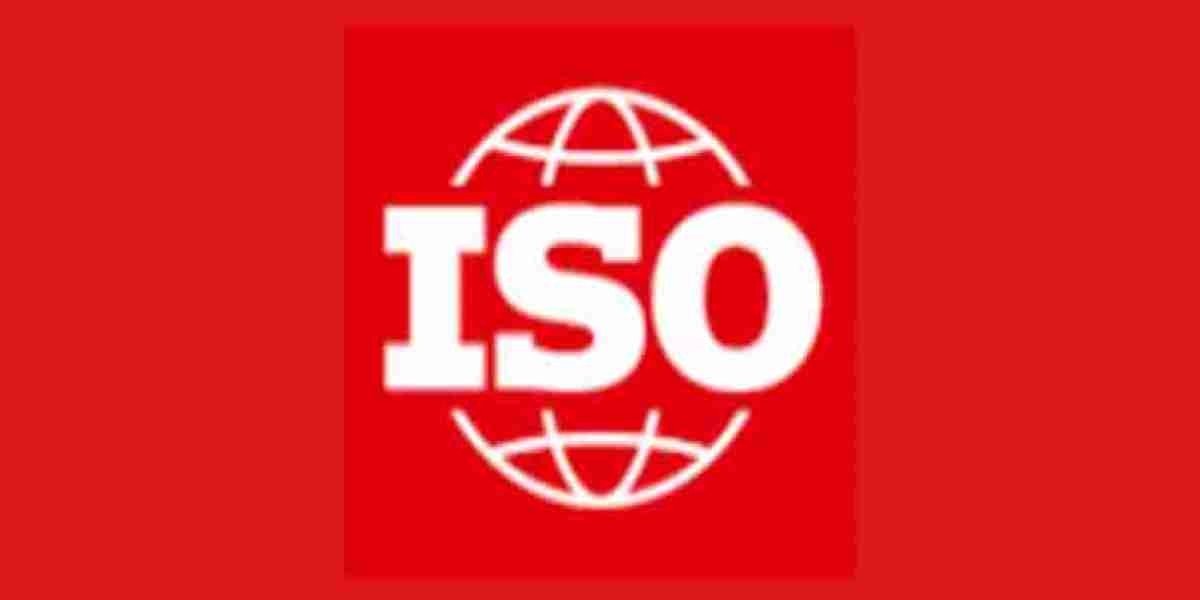Mastering Food Safety with ISO 22000 Training: A Comprehensive Guide
Introduction
In a world where food safety is paramount, adhering to rigorous standards is essential for ensuring the health and well-being of consumers. ISO 22000 is the international standard for food safety management systems (FSMS), providing a framework for organizations to manage food safety risks and ensure the quality of their products. For professionals and businesses involved in the food supply chain, ISO 22000 training offers critical insights and skills to implement and maintain effective food safety practices. This article explores the importance of ISO 22000 training, its benefits, and what to expect from the training process.
What is ISO 22000?
ISO 22000 is a global standard that specifies requirements for a food safety management system. It covers all aspects of the food chain, from production and processing to packaging, distribution, and consumption. The standard aims to ensure that food products are safe for consumption by identifying and controlling potential hazards throughout the food supply chain.
ISO 22000 integrates principles from Hazard Analysis and Critical Control Points (HACCP) and other key food safety management practices. It emphasizes the need for a systematic approach to managing food safety, ensuring that organizations can consistently deliver safe products and meet regulatory requirements.
The Importance of ISO 22000 Training
ISO 22000 training is crucial for several reasons:
- Ensuring Compliance: Training helps organizations understand and implement the requirements of ISO 22000, ensuring compliance with international food safety standards and regulatory requirements.
- Mitigating Food Safety Risks: By gaining a thorough understanding of risk management and hazard control, professionals can identify and address potential food safety issues before they impact consumers.
- Enhancing Food Safety Practices: Training equips participants with the knowledge to develop and maintain effective food safety management systems, improving overall food safety practices within the organization.
- Building a Culture of Food Safety: ISO 22000 training fosters a culture of food safety within organizations by promoting best practices and encouraging a proactive approach to managing food safety risks.
Types of ISO 22000 Training Available
- ISO 22000 Awareness Training: This introductory course provides a broad overview of the ISO 22000 standard and its importance in food safety management. It is ideal for employees who need to understand the basic principles of the standard and its impact on their roles.
- ISO 22000 Internal Auditor Training: This course focuses on developing the skills needed to conduct internal audits of an organization’s food safety management system. Participants learn how to plan, execute, and report on audits to ensure compliance with ISO 22000 requirements.
- ISO 22000 Lead Auditor Training: Aimed at individuals who wish to become certified lead auditors, this advanced course covers in-depth auditing techniques, the role of a lead auditor, and the requirements for conducting comprehensive audits of food safety management systems.
- ISO 22000 Implementation Training: This course is designed for professionals responsible for implementing ISO 22000 within their organization. It covers the steps involved in establishing and maintaining an effective FSMS, including risk assessment, control measures, and continuous improvement.
- ISO 22000 HACCP Training: This specialized training focuses on the principles and application of HACCP within the context of ISO 22000. Participants learn how to identify critical control points, assess hazards, and implement effective control measures.
Benefits of ISO 22000 Training
- Improved Food Safety: Training ensures that organizations can implement robust food safety management systems, reducing the risk of foodborne illnesses and ensuring the safety of their products.
- Enhanced Credibility: Certification and training in ISO 22000 enhance an organization’s credibility and demonstrate a commitment to high food safety standards, which can improve customer trust and market competitiveness.
- Operational Efficiency: Effective food safety management systems lead to improved operational efficiency by streamlining processes and reducing the likelihood of costly recalls and non-compliance issues.
- Regulatory Compliance: ISO 22000 training helps organizations stay compliant with local and international food safety regulations, minimizing the risk of legal and financial repercussions.
- Employee Competence: Training enhances the skills and knowledge of employees, enabling them to contribute more effectively to the organization’s food safety efforts and maintain high standards.
Choosing the Right Training Provider
When selecting an ISO 22000 training provider, consider the following factors:
- Accreditation and Expertise: Choose a provider with recognized accreditation and a proven track record in delivering high-quality ISO 22000 training.
- Course Content and Trainers: Ensure that the course content is comprehensive and relevant to your needs, and that trainers have practical experience and expertise in food safety management.
- Training Format and Flexibility: Look for training options that fit your schedule and learning preferences, including in-person, online, or blended learning approaches.
Conclusion
ISO 22000 training is an essential investment for organizations seeking to enhance their food safety management practices and ensure the safety of their products. By providing valuable insights and skills, this training helps organizations comply with international standards, mitigate food safety risks, and build a culture of excellence. Whether you are looking to implement ISO 22000, conduct internal audits, or advance your auditing skills, investing in ISO 22000 training will strengthen your organization’s commitment to food safety and bolster its reputation in the industry. Embrace the benefits of ISO 22000 training to safeguard your food products and contribute to a safer, healthier world.
Read More : iso 22000 training



